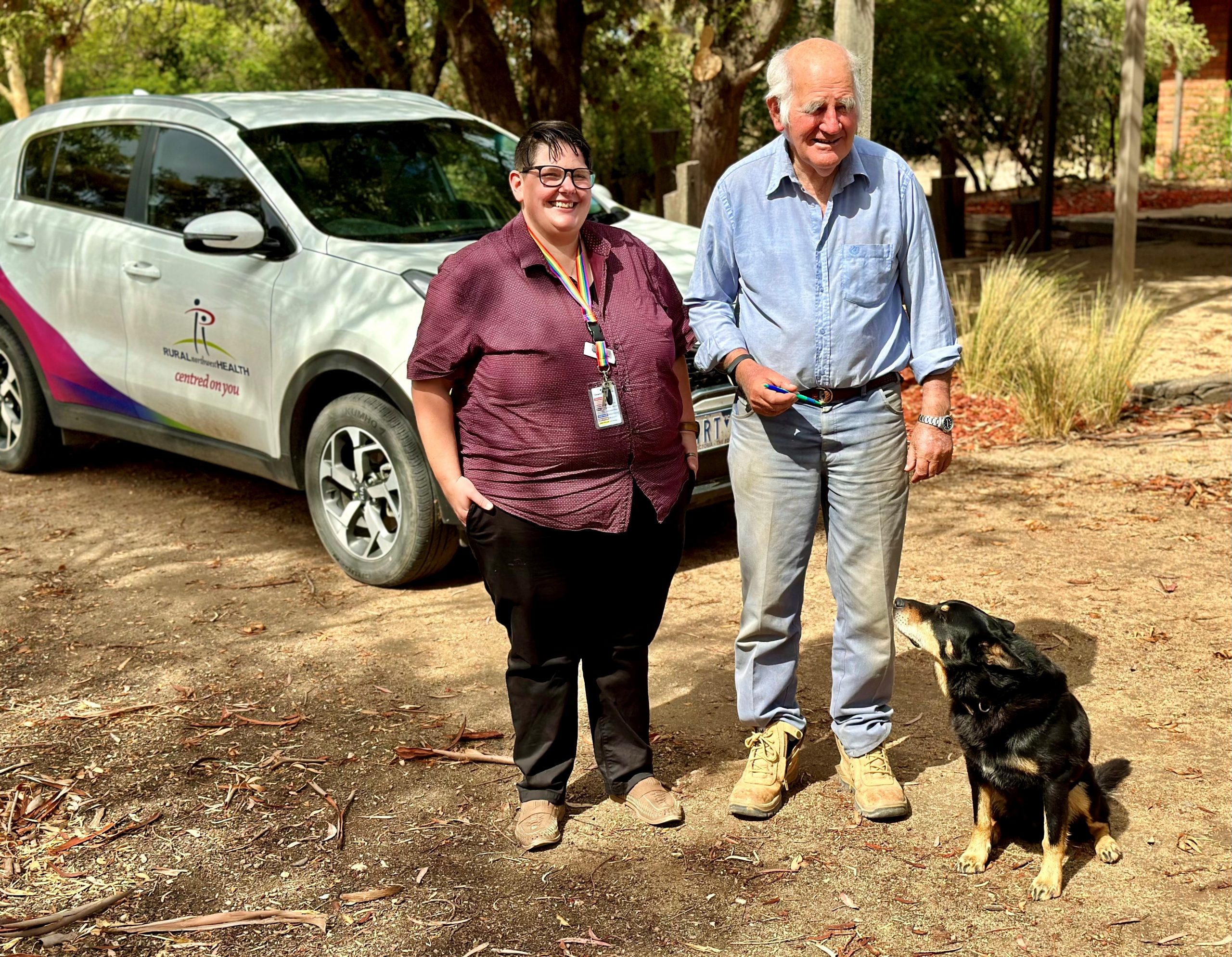Parkinson’s disease dementia can occur in some people with Parkinson’s disease. It is characterised by a decline in cognition – including reasoning and thinking skills.
The brain region that initially becomes damaged from Parkinson’s disease is involved in movement, which is where tremor, slowness, muscle stiffness and a stopped posture can be seen. As the disease progresses, the damage to the brain becomes more widespread, which may lead to changes in memory, ability to pay attention, knowing how to plan and finish a task and being able to understand consequences to actions and act accordingly.
Approximately one half to one quarter of people who have had Parkinson’s disease for longer than 10 years will go on to develop Parkinson’s dementia.
The signs of Parkinson’s disease dementia include:
- Changes in memory, thinking and judgement (i.e. forgetting recent conversations, not knowing how to use a commonly used item such as a TV remote, or making unusually risky choices such as walking without their aide or falling victim to scammers)
- Trouble interpreting visual information (i.e. traffic signs)
- Visual hallucinations (seeing people/things/objects that no one else can see)
- Depression, irritability and anxiety
- Excessive daytime sleepiness, and REM sleep behaviour disorder (acting out dreams)
There are no medications or treatments that can slow, halt or stop the progression of Parkinson’s disease, or Parkinson’s dementia. Current treatments aim to maintain your quality of life and manage symptoms as they arise. Working closely with your neurologist, movement disorder nurse and GP can help you to find the most appropriate treatment options for you.
There are however, a number of non-medication based activities that you can do to reduce the severity of Parkinson’s disease and Parkinson’s dementia. These include:
- Do some form of exercise, daily if possible
- Do puzzles like Sudoku and crosswords
- Listen to, and play music
- Be social, and surround yourself with people you enjoy the company of
- Volunteer or remain in paid employment if possible
- Learn something new, and challenge yourself
Help is available – you can contact Dementia Australia, Fight Parkinson’s or Dementia Support Australia.



